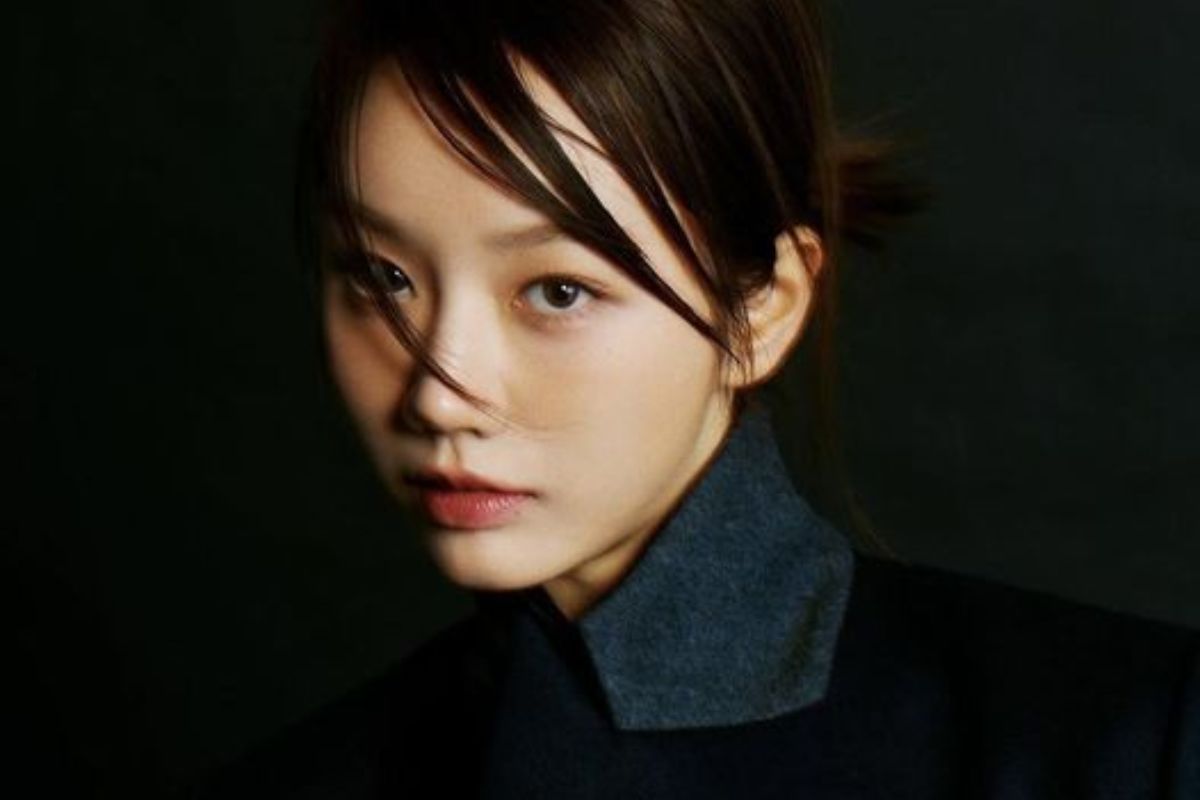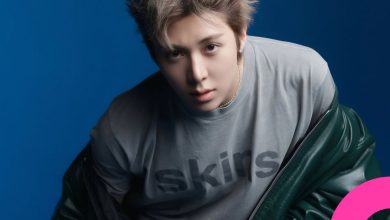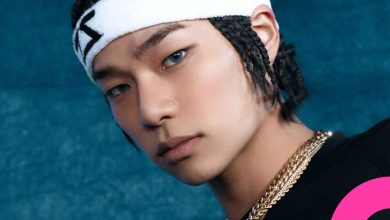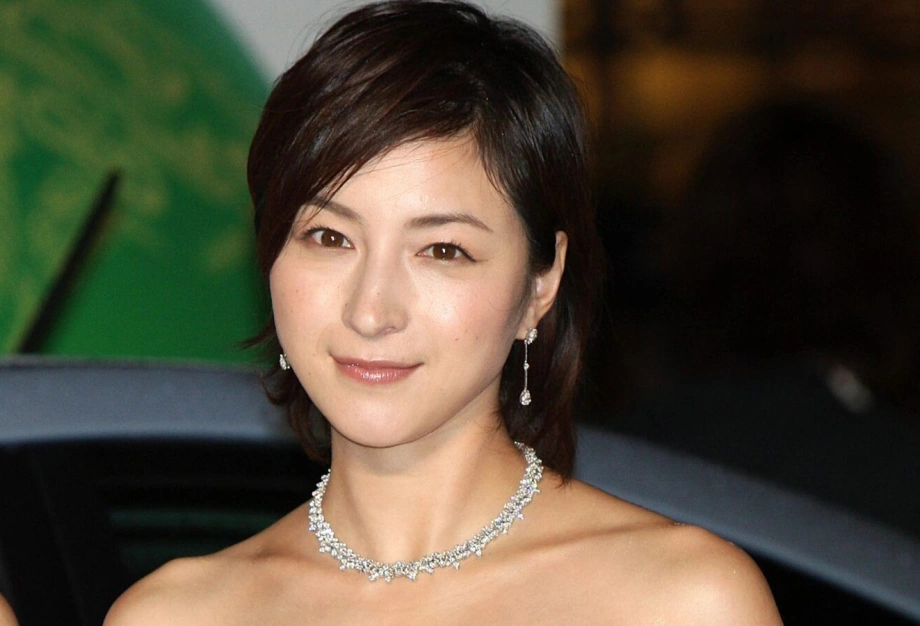
Profile
Full Name: Ryoko Hirosue (広末 涼子)
Date of Birth: July 18, 1980
Birthplace: Yokohama, Kanagawa Prefecture, Japan
Raised in: Kochi City, Kochi Prefecture
Height: Approx. 161 cm
Occupation: Actress, Singer, Former Model
Years Active: 1994–present (on hiatus since April 2025)
Languages: Japanese (native), French (memorized phonetically for Wasabi)
Ryoko Hirosue: From Idol Sensation to Controversial Figure
Ryoko Hirosue remains one of Japan’s most recognizable faces, an actress whose career trajectory charts a fascinating course from national teen idol sensation to critically acclaimed performer, and more recently, a figure navigating significant personal controversy. Bursting onto the scene in the mid-1990s, she defined an era, sparking the “Hirosue Boom” with her fresh-faced charm and ubiquitous presence in commercials, dramas, and music charts.
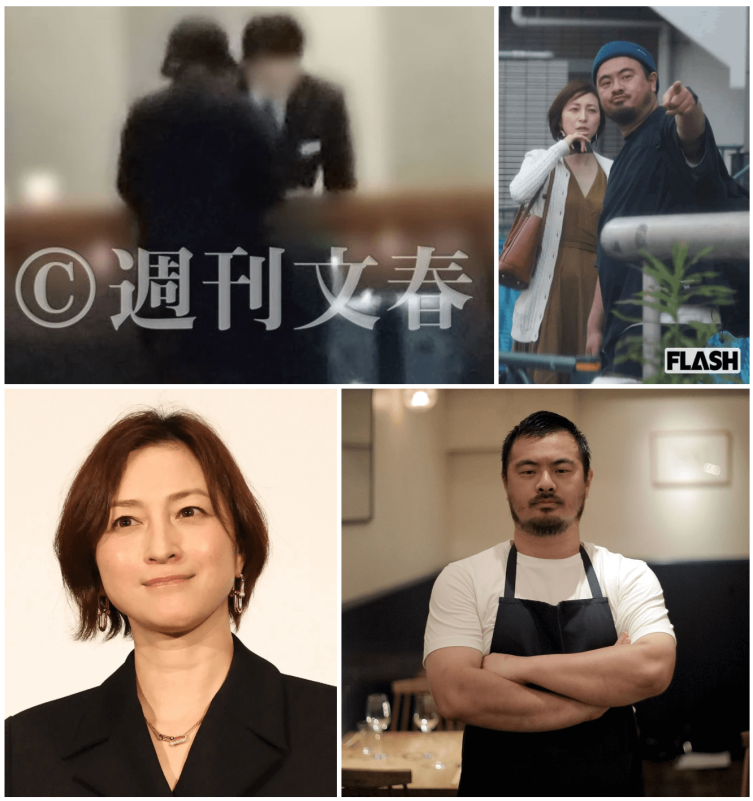
Over nearly three decades, she successfully transitioned into a respected actress with international credits, earning numerous accolades for her versatile performances. However, recent years have seen her carefully cultivated image challenged by public scandals, culminating in a 2025 arrest and suspension from activities, leaving her future uncertain. This report delves into the multifaceted career and life of Ryoko Hirosue, examining her rise to fame, her artistic achievements, and the recent events that have cast a shadow over her enduring legacy.
Early Life and the “Hirosue Boom”
Born Ryoko Hirosue on July 18, 1980, in Yokohama, Kanagawa Prefecture, she spent her formative years in Kochi City, Kochi Prefecture.1 Her entry into the entertainment world was swift. In 1994, at the age of 14 and while still in junior high school, she won the grand prize in the P&G Clearasil “Pikapika Face Contest”. This victory served as her launchpad, leading to her commercial debut for Clearasil in 1995.
That same year, she made her television acting debut in Fuji TV’s drama Heart ni S.1 Her profile rapidly ascended in 1996 with appearances in popular dramas like Long Vacation and Shota no Sushi, earning her the “Best Newcomer” award at the 10th Television Drama Academy Awards. However, it was her appearance in an NTT Docomo pager commercial campaign, themed “Hirosue Ryoko, starts using a pager,” that truly ignited nationwide popularity. This campaign, coupled with her burgeoning acting and subsequent singing career, cemented her status as a national idol, creating a phenomenon widely referred to as the “Hirosue Boom”.1 Her somewhat boyish, natural charm resonated widely, making her a dominant force in media and advertising during the late 1990s.
Acting Career: Ascent and Acclaim
While the “Hirosue Boom” established her as a top idol, Ryoko Hirosue quickly proved her ambition extended beyond fleeting teen stardom, embarking on a serious and critically respected acting career. Following her initial television successes, 1997 marked a significant year. She starred in the highly popular Fuji TV comedy series Beach Boys, earning her first “Best Supporting Actress” award at the 14th Television Drama Academy Awards. Simultaneously, she made her critically acclaimed film debut in 20-seki Nostalgia. This performance garnered significant recognition, including the Sponichi Grand Prize New Talent Award at the Mainichi Film Awards, Best New Talent at the Yokohama Film Festival, and the prestigious Newcomer of the Year award at the 21st Japanese Academy Awards.
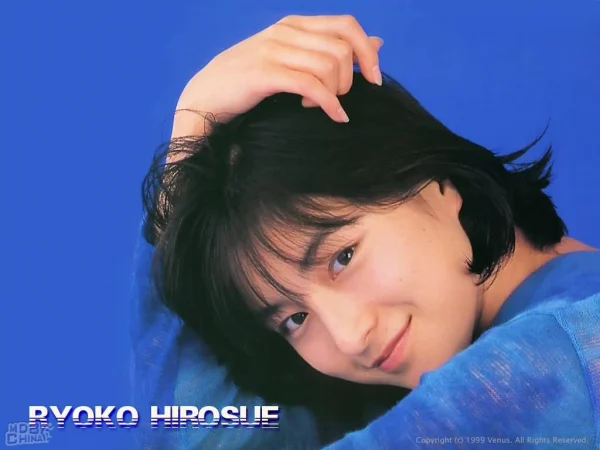
Her momentum continued into 1999 with starring roles in the films Poppoya (Railroad Man) and Himitsu (Secret).1 Both films earned her further accolades; she received dual nominations at the 23rd Japanese Academy Awards for Best Supporting Actress (Poppoya) and Best Actress (Himitsu). Her performance in Himitsu also brought international recognition, winning her the Best Actress prize at the 30th Sitges – Catalan International Film Festival in Spain.
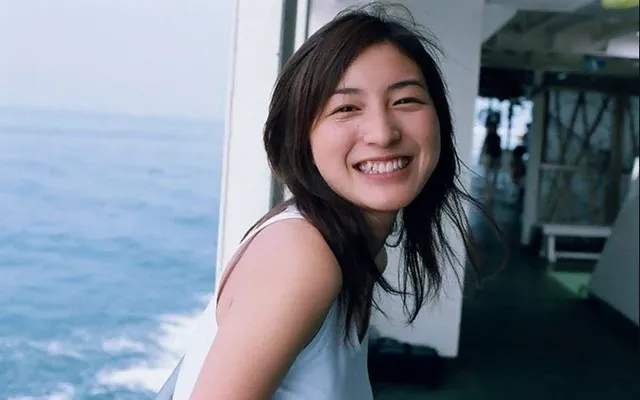
The early 2000s saw Hirosue solidify her position as a leading actress. She starred in the drama Summer Snow (2000), which won multiple awards, including another “Best Supporting Actress” win for her at the 26th Television Drama Academy Awards. She showcased her comedic talent in Oyaji (2000), again winning “Best Supporting Actress”. In 2001, she ventured into international cinema with the Luc Besson-produced French action-comedy Wasabi, starring alongside Jean Reno. Despite not speaking French, she learned her lines phonetically for the role.
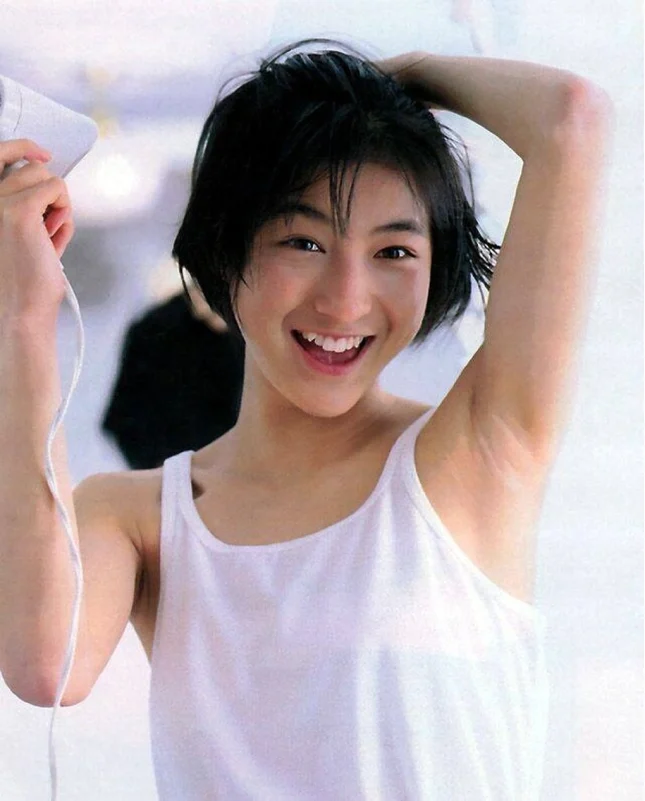
Even as her personal life involved marriage and motherhood, leading to a temporary decrease in workload 2, Hirosue continued to take on significant roles. Her performance in the critically lauded film Okuribito (Departures) (2008), which won the Academy Award for Best Foreign Language Film, earned her another Best Actress nomination at the Japanese Academy Awards and a Best Supporting Actress win at the Yokohama Film Festival.
Throughout the 2010s and into the 2020s, Hirosue maintained a consistent presence in both film and television, demonstrating remarkable longevity. Notable works include Zero Focus (2009) 1, Key of Life (2012) 1, for which she won the Blue Ribbon Award for Best Supporting Actress 2, Hana’s Miso Soup (2015) 1, Mixed Doubles (2017), 2 Women (2022), and the NHK Asadora Ranman (2023). Her performance in 2 Women, alongside roles in The Hound of the Baskervilles: Sherlock the Movie and The Confidence Man JP: Episode of the Hero (all 2022), earned her the Kinema Junpo Award for Best Supporting Actress in 2023.
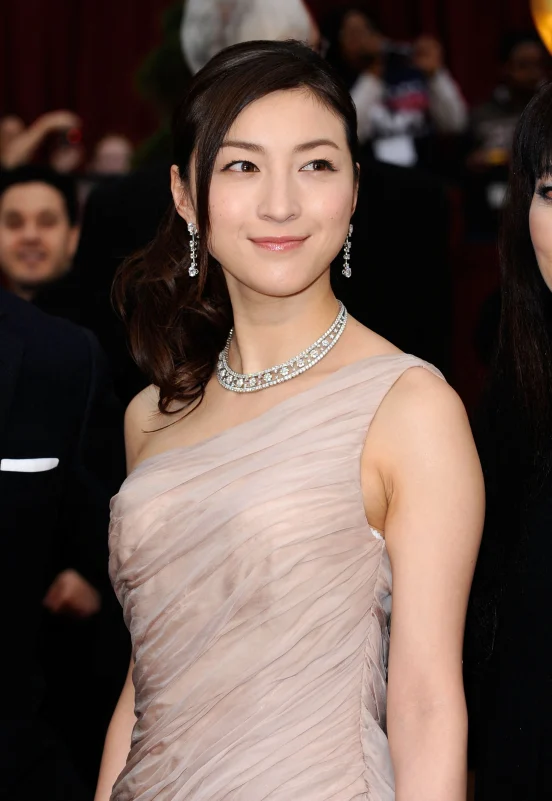
This sustained success and critical recognition across decades illustrate a carefully managed career. Hirosue effectively navigated the transition from a teen idol, a phase often associated with limited longevity, to a versatile and respected actress capable of tackling complex roles in both mainstream and critically acclaimed projects. Her ability to secure prestigious awards long after the initial “Boom” faded speaks to her genuine talent and strategic role choices, building a durable and significant acting portfolio.
Singing Career: The J-Pop Idol Phase
Concurrent with her meteoric rise in acting and commercials, Ryoko Hirosue launched a successful, albeit relatively short-lived, singing career in the J-pop genre. Making her singing debut in 1997, she quickly achieved chart-topping success.
Her first single, “Maji de Koi Suru 5-byō Mae” (MK5 – 5 Seconds Before Seriously Falling in Love), released in April 1997, became an instant sensation. Produced by Mariya Takeuchi, the song’s upbeat, summery pop sound captured the public’s imagination, peaking at number 2 on the Oricon weekly charts and becoming one of her signature tunes associated with the peak of the “Hirosue Boom”. Her follow-up single, “Daisuki!” (I Love You!), released just two months later in June 1997, performed even better, reaching number 1 on the Oricon charts. This rapid success led to her performing on NHK’s prestigious Kōhaku Uta Gassen year-end television special in 1997, a remarkable feat for an artist in their debut year.
Hirosue’s musical style initially offered a refreshing contrast to the dominant synth-heavy, Eurobeat-influenced sound produced by Tetsuya Komuro at the time.9 Her debut album, ARIGATO!, released in November 1997, encapsulated this energetic pop sound. Subsequent releases, like the 1998 single “Jeans” and her second album private (February 1999), suggested a move towards a slightly more mature image.1 Other notable releases during this period include the singles “Kaze no Prism” (1997), “summer sunset” (1998), “Ashita e” (1999), and “Kajitsu” (2000), primarily released under the Warner Music Japan label.1 She also released compilation albums like RH Singles &… (1999), RH Remix (2001), and the comprehensive Perfect Collection (2002), as well as a live album, RH DEBUT TOUR 1999.
However, by the early 2000s, Hirosue’s focus clearly shifted towards her burgeoning acting career, particularly following her international film debut in Wasabi (2001).1 Her active music career largely concluded around 2002, with the release of the Perfect Collection best-of album often seen as marking the end of this phase. While she made a brief return with the digital single “Kimi no Egao” in 2020 and reportedly resumed some singing activities in 2023 before her scandal broke, her primary identity for the past two decades has been firmly rooted in acting.
The timing and trajectory of her music career strongly suggest it served as a strategic component of her idol persona during the peak “Hirosue Boom.” Launched after her initial acting and commercial success, the hit songs amplified her popularity and visibility.1 The relatively short duration of her active singing phase and the explicit pivot to prioritize acting indicate that music, while commercially successful, was perhaps more a vehicle to capitalize on her peak fame rather than a long-term artistic focus, allowing her to later dedicate herself fully to building a credible and lasting acting career.
The Face of Brands: Modeling and Endorsements
Ryoko Hirosue’s journey into the public eye began not on screen or stage, but through modeling. Winning the P&G Clearasil “Pikapika Face Contest” in 1994 was the catalyst for her entire career.1 This early success quickly established her appeal, making her an incredibly sought-after face for commercial endorsements (CMs), which became a cornerstone of her fame and public image.
Her most impactful early endorsement was arguably for NTT Docomo’s pagers in 1996.1 The “Hirosue Ryoko, starts using a pager” campaign significantly boosted her national recognition and was a key factor in the “Hirosue Boom”.1 Following this breakthrough, she became a ubiquitous presence in Japanese advertising, lending her image to a wide array of major brands.
Notable endorsements throughout her career include:
- Telecommunications: NTT Docomo 1, Yahoo! BB Japan 7
- Cosmetics/Personal Care: P&G Clearasil 1, Shiseido (including the Tsubaki line) 6
- Food & Beverage: Coca-Cola (specifically Meguri tea) 6, Meiji Seika Kaisha (Garbo chips) 6, Nestlé Japan (Nescafe Excella, KitKat) 12
- Apparel: EDWIN (“503” jeans) 12
- Other: Kuraray (Chemical company) 17, Biotechworks-H2 (Reborn supplement) 12, MBGA.jp (Mobile gaming/social platform) 6, Keio Railway Line 6
This extensive and diverse portfolio of high-profile endorsements underscores their critical role in building and sustaining Hirosue’s celebrity. Her constant visibility across various product categories cemented her public image and reach far beyond her film, television, or music output. These endorsements were not merely a byproduct of her fame but actively fueled it, demonstrating the symbiotic relationship between celebrity and advertising in the Japanese market. Her ability to secure major deals continued well into her career, as evidenced by contracts active in 2023 , highlighting her enduring commercial appeal until the recent scandals led to their suspension.
Information regarding specific variety show appearances is limited in the available materials. While she likely participated in such programs, especially during her music promotion periods, the records primarily focus on her acting roles. One documented appearance is on Hey! Hey! Hey! Music Champ, where she performed her hit single “Daisuki!”.
Personal Life: Navigating Fame, Family, and Controversy
Ryoko Hirosue’s personal life has unfolded under the intense glare of the public eye, marked by marriages, motherhood, and significant recent controversies that have dramatically impacted her career and public image.
Her first marriage was to model Takahiro Okazawa. The couple wed between December 2003 and January 2004 (sources vary on the exact date) after announcing her pregnancy in December 2003.1 Their son, Hirosue’s first child, was born on April 10, 2004.1 During this period, her professional workload noticeably decreased as she focused on her new family.2 The marriage ended in divorce in March 2008, making her a single mother at the age of 27.
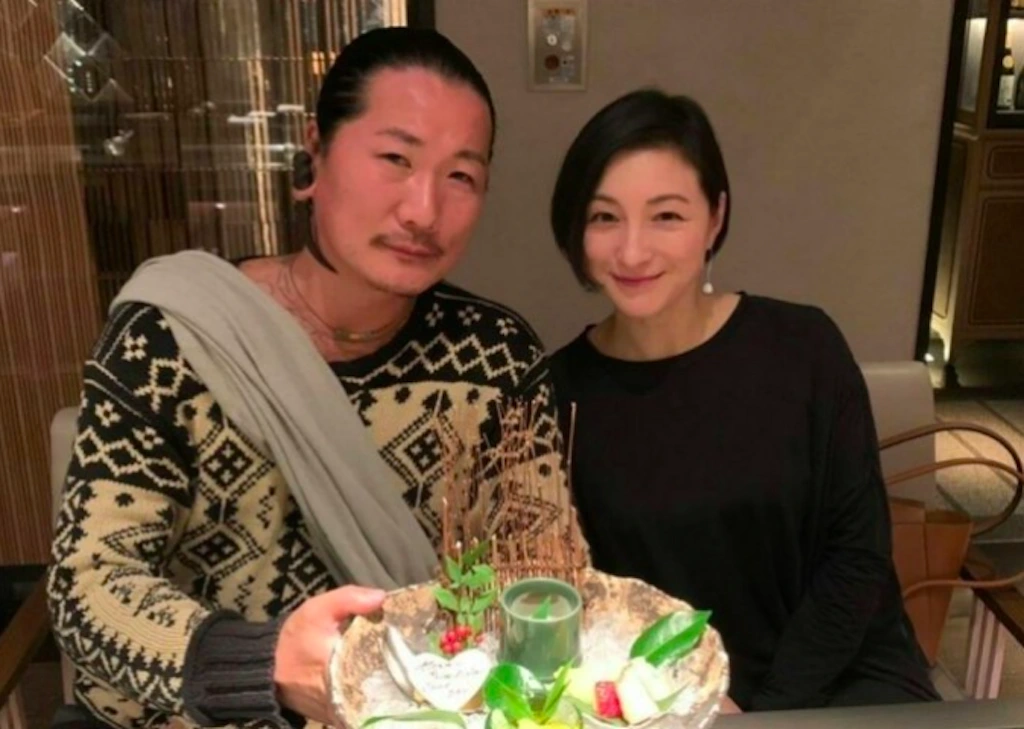
In October 2010, Hirosue married her second husband, candle artist Jun Izutsu, widely known as Candle June.1 They had reportedly met earlier that year while participating in earthquake relief efforts in Haiti.7 This marriage brought two more children: a second son born in March 2011, and her third child, a daughter, born in July 2015.
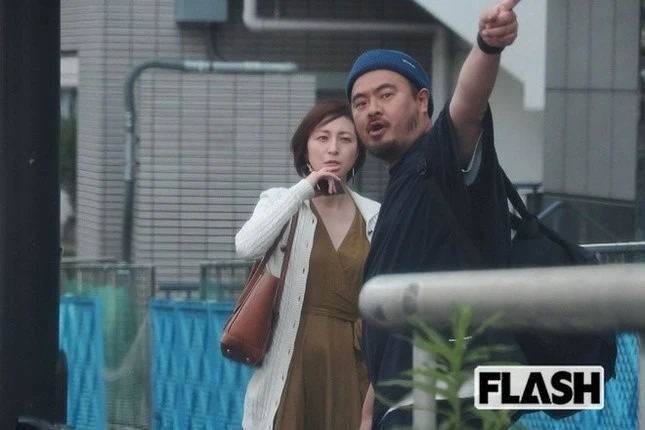
For over a decade, this chapter appeared relatively stable, but scandal erupted in June 2023. The weekly magazine Shūkan Bunshun published allegations of an extramarital affair between Hirosue and Shusaku Toba, a married, Michelin-starred chef.1 Reports indicated she had been seen visiting his restaurant and meeting him at a hotel.18 After initial denials, both Hirosue and Toba admitted to the affair.1 Hirosue issued a public apology via her staff-managed Instagram account and reportedly sent a handwritten apology to Toba’s wife and children.1 The fallout was immediate and severe. Her agency at the time, Flamme, announced an indefinite suspension of her activities. Commercial contracts were terminated, an essay series was halted, and a film release was postponed. Toba also faced professional consequences, resigning from his chef position. The scandal generated significant public backlash, with Hirosue facing harsh criticism and landing on lists of celebrities involved in “unforgivable adultery”.18 Shortly after, on July 23, 2023, Hirosue announced her divorce from Candle June, retaining custody of her three children.
In a move seemingly aimed at regaining control of her narrative and career, Hirosue left Flamme, her agency of 26 years, in February 2024.1 She established her own personal agency, 株式会社R.H (R.H. Co., Ltd.), assuming the role of President and CEO, and began resuming activities.
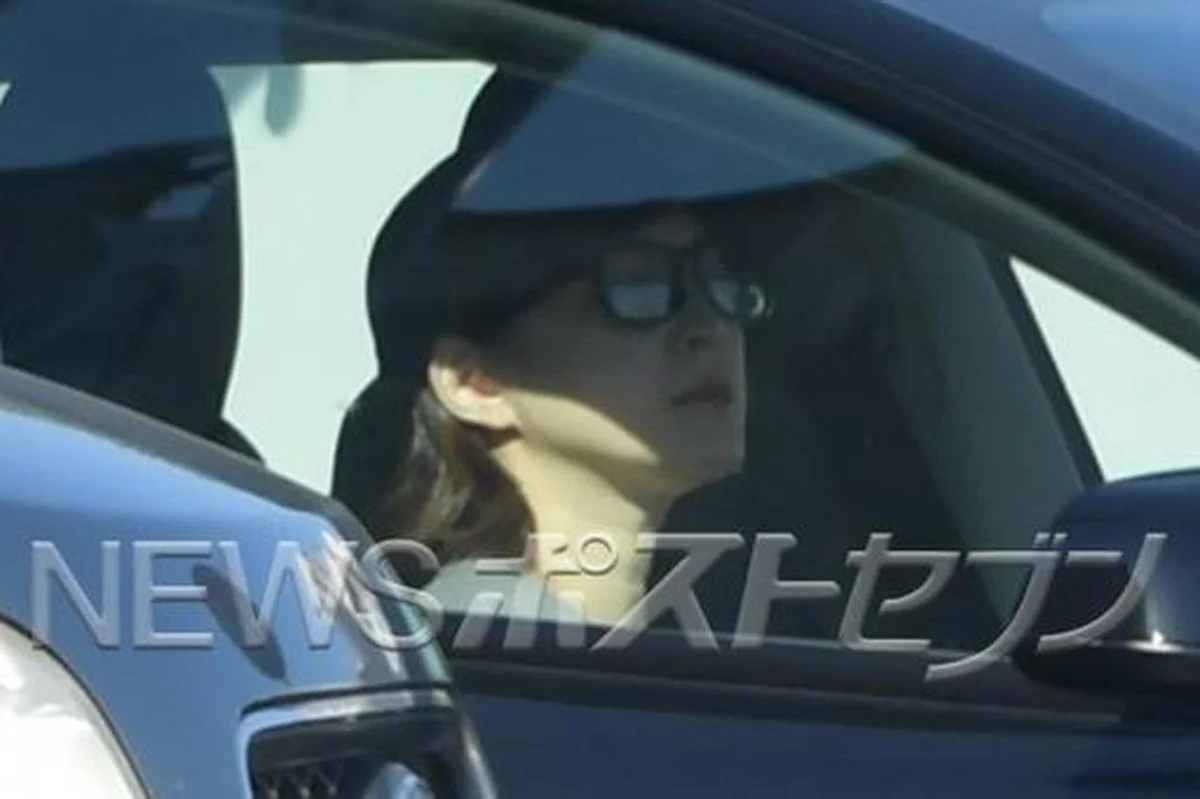
However, this attempt at a fresh start was dramatically derailed just over a year later. On the evening of April 7, 2025, Hirosue was involved in a car accident on the Shin-Tōmei Expressway in Kakegawa, Shizuoka Prefecture, where the car she was driving rear-ended a large trailer. She and a man believed to be her manager, who was also in the car, were taken to a hospital in the nearby city of Shimada for minor injuries. According to police reports and subsequent media coverage, Hirosue appeared distressed and agitated at the hospital.3 In the early hours of April 8, 2025, she was arrested on suspicion of assault causing injury (傷害容疑) against a 37-year-old female nurse. It was alleged that when the nurse attempted to calm or restrain her as she paced while waiting for treatment, Hirosue kicked the nurse and scratched her arm, causing minor injuries.
Following the arrest, Hirosue’s agency, R.H., released a statement via her official website. It confirmed the accident occurred while she was driving and stated that, in a state of panic at the hospital, she injured a medical professional. The statement included a deep apology to the victim and expressed regret for the concern caused. The agency announced an immediate suspension of all her entertainment activities for the time being, and a scheduled performance in a reading play was cancelled.
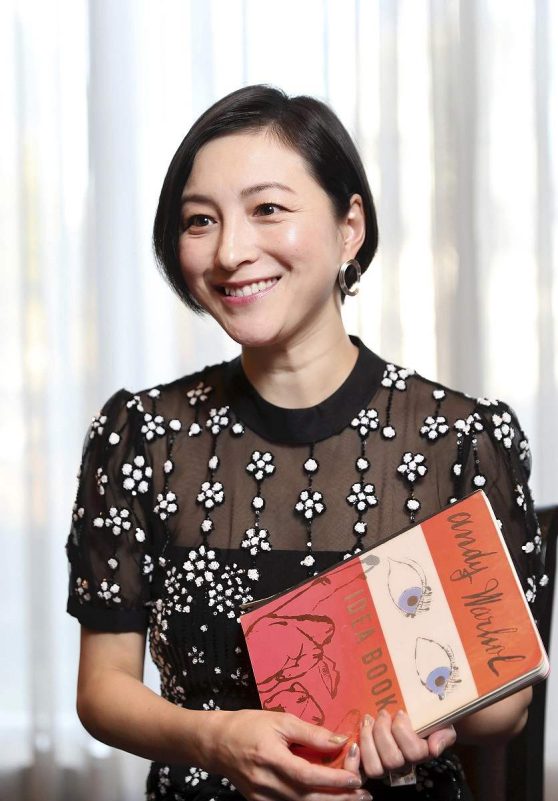
The sequence of the 2023 affair and the 2025 arrest reveals an intensifying cycle where personal crises trigger severe professional repercussions. The swift suspensions, loss of endorsements, and public condemnation highlight the immense pressure on public figures, particularly established female celebrities in Japan, to maintain an unblemished image. Each incident resulted in immediate damage control and a halt to her career momentum, demonstrating the unforgiving nature of public and media scrutiny. Her decision to form her own agency after the 2023 scandal could be interpreted as an attempt to navigate this pressure independently, though the subsequent arrest quickly undermined this effort.
Furthermore, Hirosue’s journey represents a stark narrative shift. The universally adored teen idol who spearheaded the “Hirosue Boom” has evolved into a middle-aged celebrity whose personal struggles and alleged transgressions—infidelity and assault—have irrevocably complicated her public persona. This trajectory underscores the inherent fragility of the idol image over time and the complex, often critical, relationship the public maintains with celebrities who fall from grace.
Legacy and Looking Forward
Ryoko Hirosue’s legacy is complex, encompassing her status as a defining cultural icon of 1990s Japan, her successful evolution into a critically acclaimed actress, and the recent controversies that have clouded her later career. She was undeniably a phenomenon, the driving force behind the “Hirosue Boom,” whose influence permeated television, film, music, and advertising. More significantly, she demonstrated remarkable artistic resilience, transitioning from this idol peak to build a long-lasting and respected acting career, recognized both domestically and internationally through roles in films like Wasabi and the Oscar-winning Departures. Her numerous acting awards attest to her talent and successful navigation of the industry for nearly three decades.
However, the significant personal difficulties and public scandals of 2023 and 2025 have undeniably tarnished this legacy. The admitted affair and subsequent arrest for assault have led to professional suspensions and public censure, dramatically altering the narrative surrounding her.
As of April 2025, Ryoko Hirosue is under investigation following her arrest and has suspended all entertainment activities through her personal agency, R.H.. The path forward for her career remains highly uncertain, contingent on the legal outcomes of the assault charge and the long-term public and industry response to these recent events. Whether she can once again demonstrate resilience and navigate this latest, most serious challenge remains to be seen.


